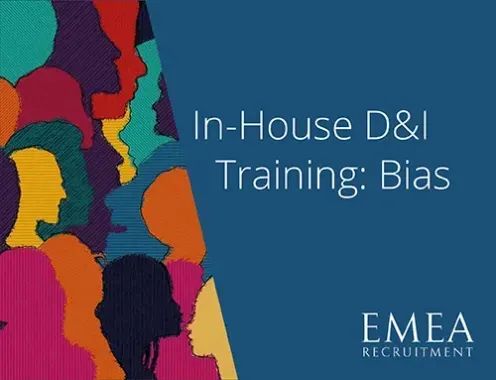
In-House D&I Training at EMEA Recruitment: Bias
Earlier this month, we were pleased to welcome our very own Ambassador, Valentina Coco, to deliver virtual Diversity & Inclusion training for all EMEA Recruitment staff members.
This initial session focussed on bias, specifically, our own biases, and how these affect our personal and professional lives.
Valentina explained the harsh reality that, even if we don’t think we’re biased or aren’t sure whether we’re biased, everybody is biased in some way. In fact, bias was necessary for our ancestors and can still be useful today.
We explored the distinction between explicit and implicit bias, focussing on why implicit bias is often more difficult to spot.
With a series of exercises, Valentina highlighted the ways that our brains filter out most of the information it’s being fed, so that – in some cases – we’re left with what we want to see.
Using specific examples relating to the recruitment process, Valentina looked at the common biases that most people have, aside from the more common and obvious biases relating to gender, age, race and beauty.
We concentrated on the following biases, and how they can typically influence professional life and the recruitment process:
- Affinity bias – creating a bond with somebody that you like
- Conformity bias – looking for evidence based on what we think to be right
- Attribution bias – comparing our behaviour to others’, which can impact how we perceive them
- The contrast effect – comparing events sequentially, to unfairly judge people
After explaining these common biases in detail, Valentina discussed the ways they can impact us in day-to-day life:
- Our perceptions of others
- Our attitude towards others
- The way we behave around others
- The attention that we give to others
- Our listening skills
- The micro-affirmations we give to others
We were all given regular opportunities to ask questions and discuss our thoughts in an open, inclusive environment, before Valentina left us with seven steps to identify and address our implicit bias.
Valentina will also complete a follow-up session with all at EMEA Recruitment on how we engage with our clients and address their biases during the recruitment process in the near future.
Valentina Coco is the CEO and Founder of Coco Consulting & Coaching. She helps teams create a truly inclusive environment.
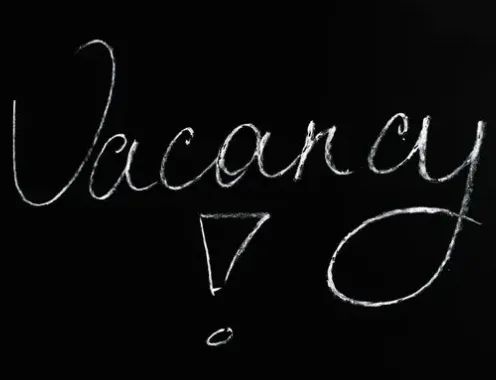
Q2 2021: Finance Market Update in Switzerland
Ahead of Q2 2021, we provide an update on the Finance market in Switzerland…
The first quarter of 2021 offered some promising signs of recovery within the Finance market in Switzerland, notably through the volume of opportunities available, but also evidence of higher levels of confidence amongst senior leaders.
During the second half of 2020, the word missing from recruitment conversations was “plans”, as the overriding feature was a short-term mentality, due so much uncertainty regarding COVID-19.
The positive news about vaccine efficacy, despite short-term concerns about the speed of the vaccination programme, is instilling hope of a more normal life this year and, therefore, greater focus on business plans and development. This is likely to result in an increase in opportunities within the Finance market, as projects start/recommence and recruitment freezes are removed.
Despite the expectation of easier recruitment in a market that has experienced major change and an economic downturn, the reality is that many companies that have advertised vacancies have failed to recruit and have had to re-advertise their roles. There are numerous reasons, but some of the feedback we have gained from clients and candidates includes:
- High volume of applications is putting pressure on Talent/HR teams
- Negative employer brand experience is a consequence of the lack of feedback
- Individuals in permanent roles are still cautious about moving jobs, but are starting to slowly return to the market
- Applications to direct advertisements are often not relevant/less targeted than previously
- The lack of salary information on advertisements, when combined with significant variation in salaries with similar job titles, is making targeted applications difficult
As we move towards a more normal employment market, it is likely that we will see a battle for talent, as the number of opportunities increase, which may result in pressure on salaries and growth in the number of employers providing counter offers to retain their valued employees.
To discuss any recruitment issues you may be having, get in touch and we will look to help you in any way we can – our Director of Finance in Switzerland, John Bower, is available at: [email protected]

Remote Working and Onboarding New Candidates
It’s no secret that this past year has been a challenging one, both on professional and personal levels. With many of our clients now working from home, one question that we do see from most of the candidates that we speak to is, Is the client flexible on remote working?
One trend that certainly became apparent was that, at the beginning of the pandemic a whole year ago, working from home was new for a lot of professionals.
However, we found that many people initially enjoyed this new way of working, especially with the flexibility that it offered, let alone the improved commuting. I think in general, people thought that we would be working from home for a month as a maximum. A year later, here we are, still working from home.
It is safe to say, a lot of people are bored of working from home constantly and would certainly like at least two or three days in the office. There are, however, some companies that have taken this to a whole new level.
Spotify, for example, announced that they are going to introduce a policy for flexible working, so you can work from wherever you choose, whether that be in the office, at home, or presumably by the pool at a nice 5* hotel.
On the other hand, there has been a number of instances where home working has been more efficient for people. As an example, some senior Finance professionals have found that they’re more productive and able to have a better work-life balance; even small things, like taking the dog for a walk at lunch.
For the most part, recruiting has not been the main challenge that our clients have faced during the pandemic. Largely, the challenge comes with onboarding of new employees to the business, with most people starting their new journeys working from home straightaway.
Often, the only time people have met their new work colleagues and superiors has been via a video call. Initially, this might not feel like such as big issue, but simple things such as ensuring access to a system is working correctly or a quick question on process can sometimes feel like it takes forever to get an answer.
For instance, the person you need to speak with may have calls planned all day, they might be away from their desk or you just simply cannot get hold of them. Something which should only take 5 minutes can take up to an hour or more, just because you can’t just go and have that conversation whilst making a coffee or introducing yourself as a new colleague.
On the bright side, however, since the beginning of this year, people have become accustomed to these new ways of working and, even with the news of the vaccine, we’ve found that people are generally more positive that there is light at the end of the tunnel. Not only that, we think we have all become so much better at using and utilising the technology around us, which can only be a good thing moving forward.
If you have just started you new role, or are in need of adding people to your team and have any difficulties or concerns with the points mentioned, then please do feel free to reach out. We have dedicated HR recruiters, Keely Straw in Switzerland and Katie Insley in the Netherlands, who will be more than happy to help.

Q2 2021: Procurement & Supply Chain Market Update in the Netherlands
As the vaccine rollout begins to ramp up across Europe, it’s no surprise to see the market rebounding by the week. Here, we look specifically at the market trends we’ve been seeing across the Procurement & Supply Chain sectors within the Netherlands.
Many of the conversations we’ve been having with clients are centred around how the market is looking as we enter Q2. So, after a difficult 2020, it’s promising to see a significant increase in the number of Procurement & Supply Chain opportunities emerging within the Dutch market.
The start of 2021 has seen many corporations embark on large-scale Procurement transformations, no doubt as a knock-on effect of the increased focus being put on Procurement, as businesses look to recover from such a challenging period.
Similarly, Supply Chain risk management has never been more critical, so it’s unsurprising to see an increased demand for such skillsets within the Netherlands. In particular, the FMCG and Pharmaceutical sectors are recovering well, and, as recruitment freezes begin to lift, we expect to continue to see an uplift in opportunities across other sectors.
Overall, the general message is positive and we’re seeing lots of exciting opportunities on the horizon within Procurement & Supply Chain disciplines. If you or anyone in your network would like to find out more, please do not hesitate to reach out to us and we can arrange a confidential discussion with you.

Q2 2021: Finance Market Update in the Netherlands
Having moved full steam ahead into 2021 (albeit mostly still from our home offices), it is now time to take a look back and reflect on market trends as we move into Q2.
EMEA Recruitment has been working with clients across a range of industries, including FMCG, Chemicals, Pharmaceuticals, Aviation, Energy, Technology and Services to name a few. Required profiles from these clients have varied in terms of seniority, but we have noted demand for Finance and Business Controllers across all levels.
Finance Managers have also been in demand, with a number of Commercial Finance posts becoming available. Additionally, we have been recruiting for Technical Accounting, Reporting and Audit professionals within the mid-senior range, with IFRS specialists being a particular focus.
Businesses have continued to move out of prior recruitment freezes, with many reinvigorating projects that had been parked during the COVID-19 pandemic.
We have observed a continued focus on automation and digitalisation within the Finance arena, with clients keen to make processes more efficient. This has seen an increase in interim and temporary requirements within Finance teams, with a range of roles ranging from short-term, 3 to 6-month assignments, to a year plus.
EMEA Recruitment has a strong network of immediately available Finance candidates across all levels. So, if you would like to find out about ongoing opportunities, or would like assistance with your interim or permanent recruitment processes, please don’t hesitate to contact us.
We have dedicated Finance & Accountancy specialists working in our key locations:
If you are based in the Netherlands, please contact David Harper, Associate Director, at: [email protected]
For those of you based in Switzerland, John Byrne, our Swiss Country Director, is available at: [email protected]

Q2 2021: HR Market Update in the Netherlands
As we enter Q2 2021, our HR experts in the Netherlands give an overview of the market…
The Human Resources market in the Netherlands has seen a positive start to the year, with businesses forging ahead with recruitment plans during Q1. The roles available have spanned across all aspects of Generalist and Specialist HR, with an uplift in both permanent and interim positions.
We’ve seen a significant increase in positions relating to HRIS and People Analytics, as HR functions look to add more strategic value through data-driven decision-making.
We had the opportunity to partner with Crunchr, running a virtual event on The Art of the Possible with People Analytics, hosted by our Associate Director, Katie Insley, and Crunchr’s Founder and CEO, Dirk Jonker.
Dirk took the delegates through the differences between HR, People and Workforce Analytics, and provided specific analytical examples of how data can allow for better decision-making around talent development, succession planning, flight risk and sourcing strategies.
Diversity & Inclusion remains a key focus in the HR market, and EMEA Recruitment is proud to be partnering with some key clients on Diversity projects linked to removing unconscious bias when recruiting. If you’d be interested in hearing more about our approach to this, please do let Katie know: [email protected]
We’re also pleased to share that we ran a virtual roundtable in June with a panel of well-respected D&I leaders, answering questions from the HR leaders in attendance and discussing topics such as, Who should own D&I in a business, should it be led by HR or by the CEO?
Further events in the calendar included our Growth Mindset webinar, hosted in collaboration with Netflix, Heineken and Danone.
Offering her HR insight was Melissa Muirhead, the Global HR Director – Finance at Heineken. Melissa was joined by Robertjan Dekker, the Vice-President, Controller EMEA, APAC, LATAM at Netflix and Armijn Verweij, the VP Procurement Excellence at Danone.

EMEA podcasts
The EMEA Recruitment podcast welcomes guests from across our network and beyond to share their career journeys, advice, and inspirational stories.





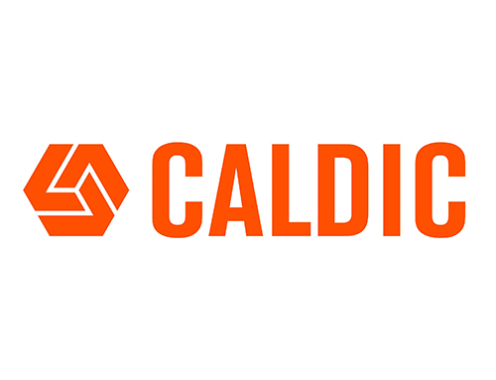


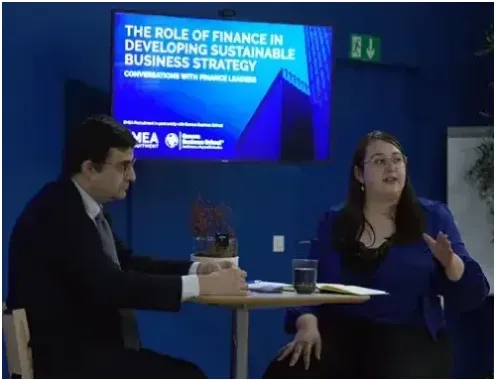
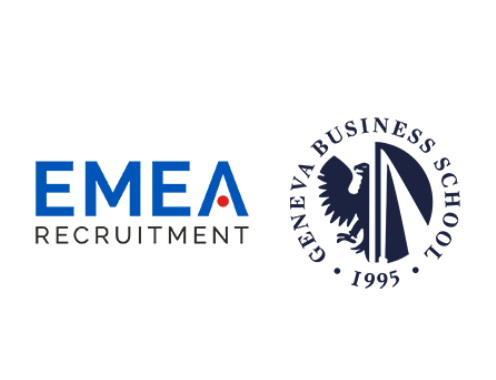
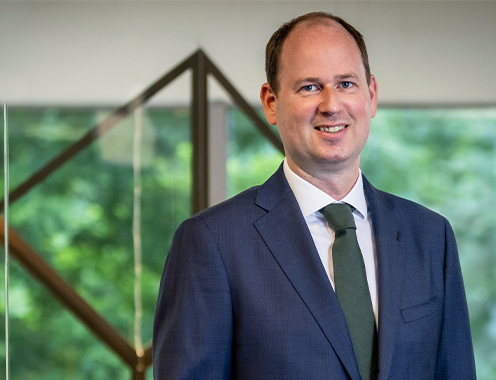
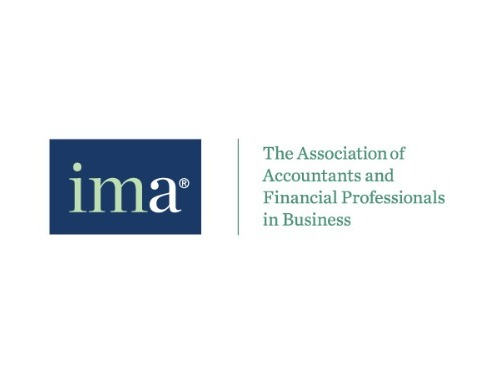

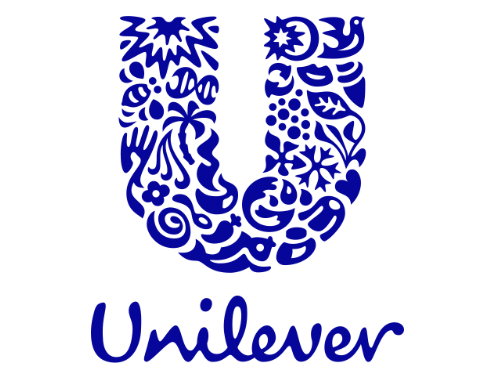

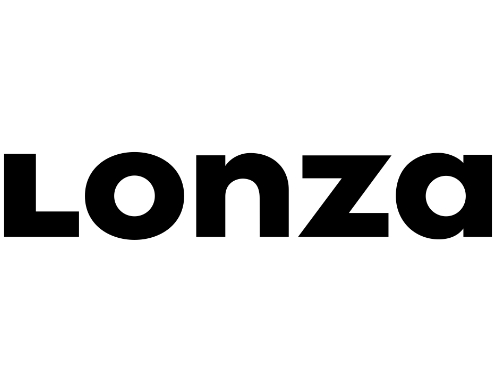

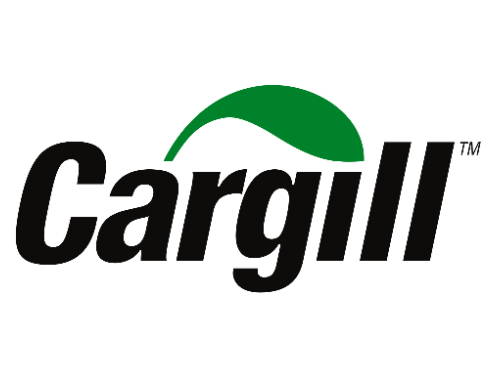
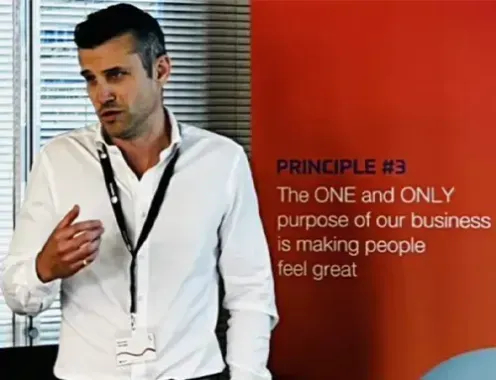
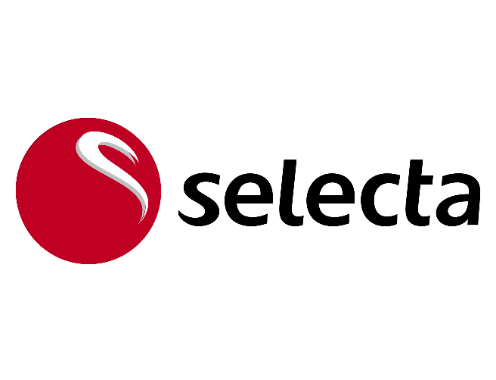

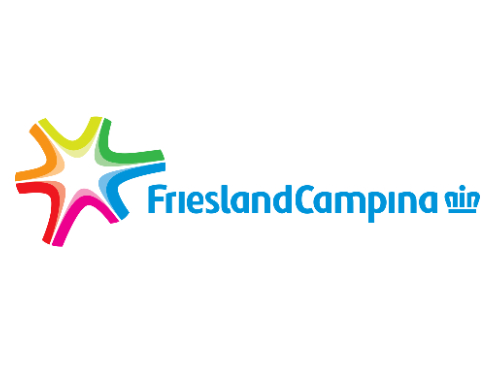


You can also use your social account to sign in. First you need to:
Accept Terms & Conditions And Privacy Policy